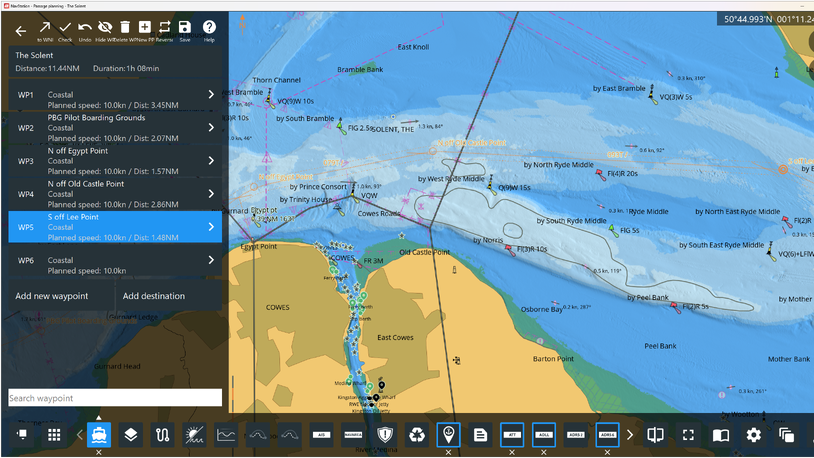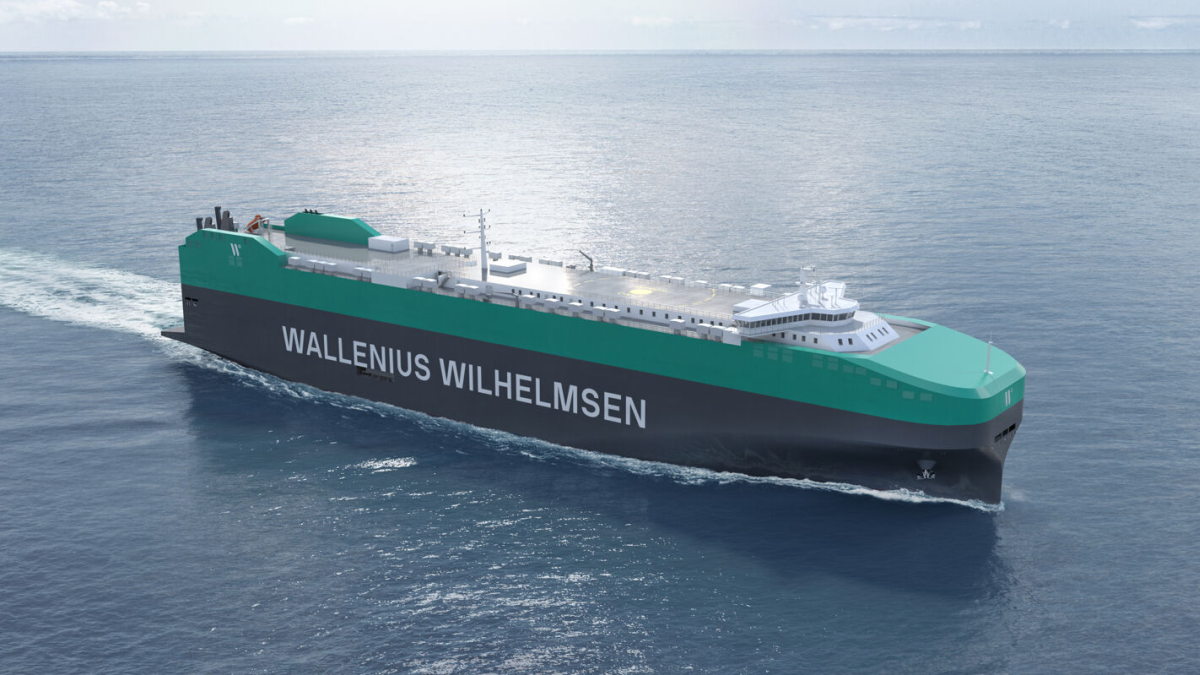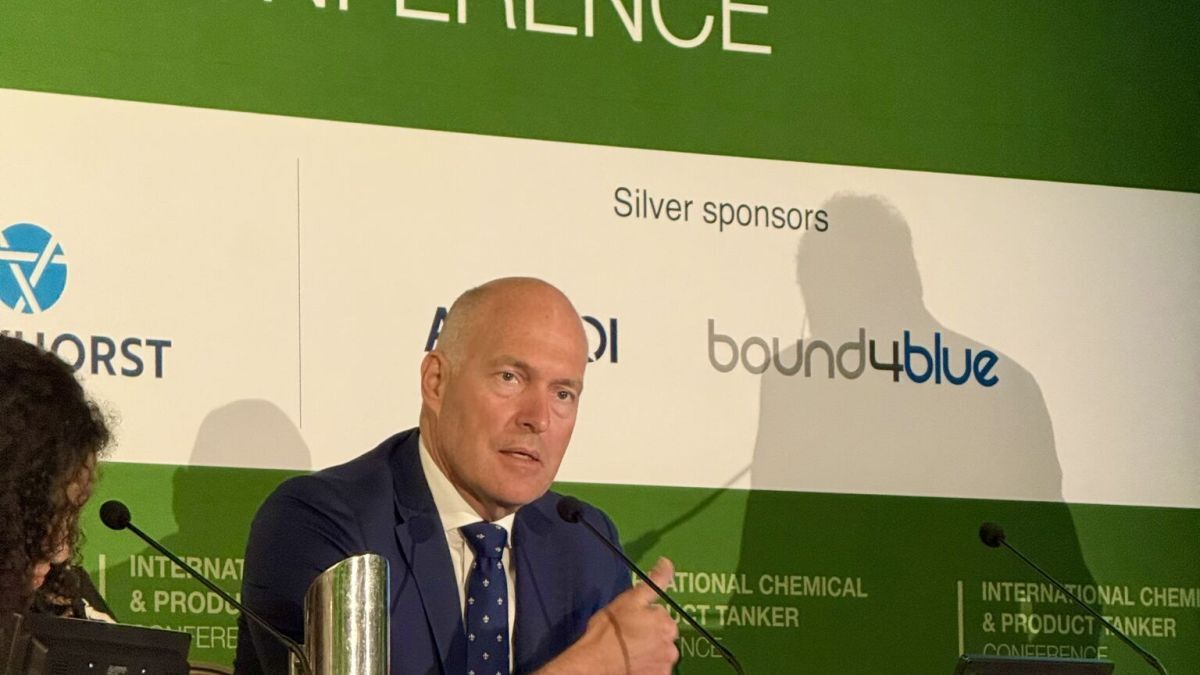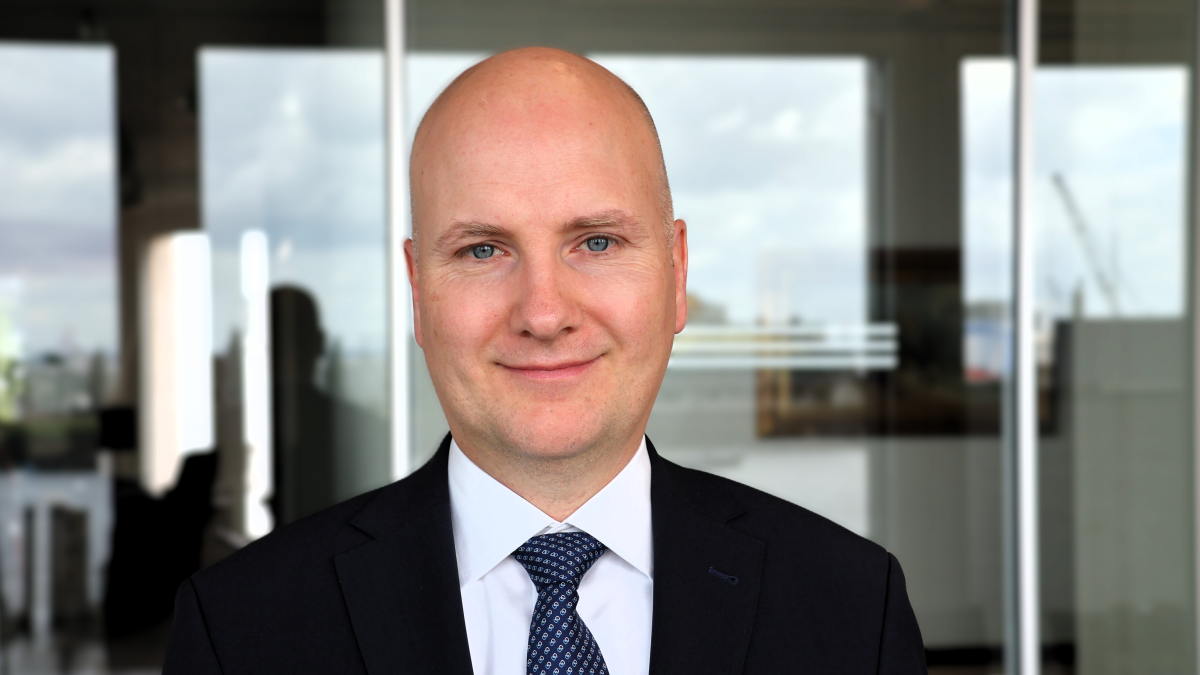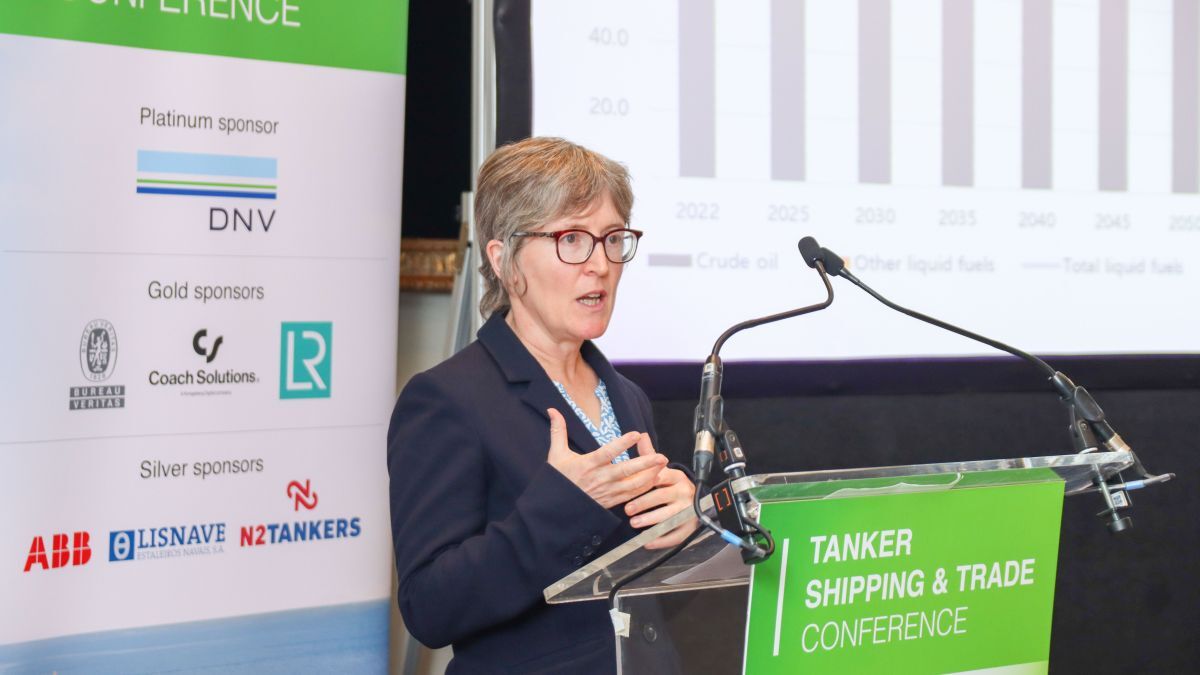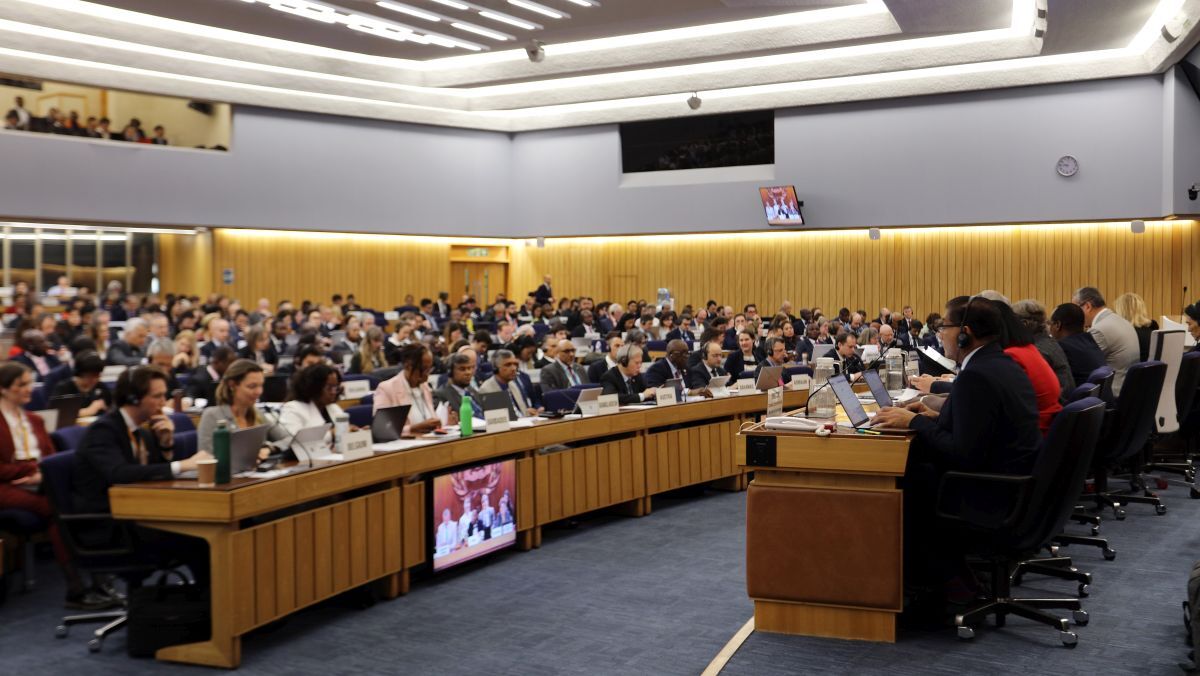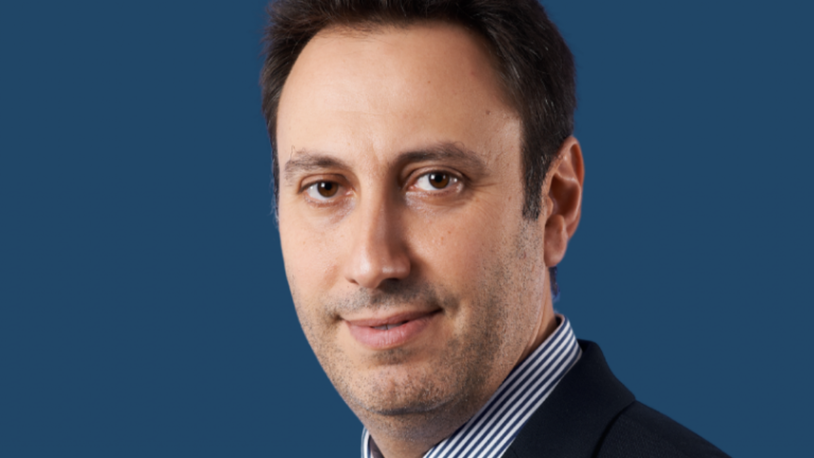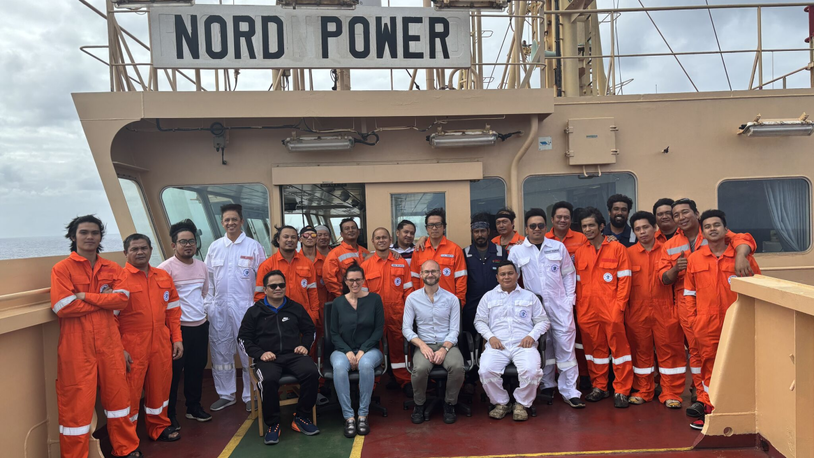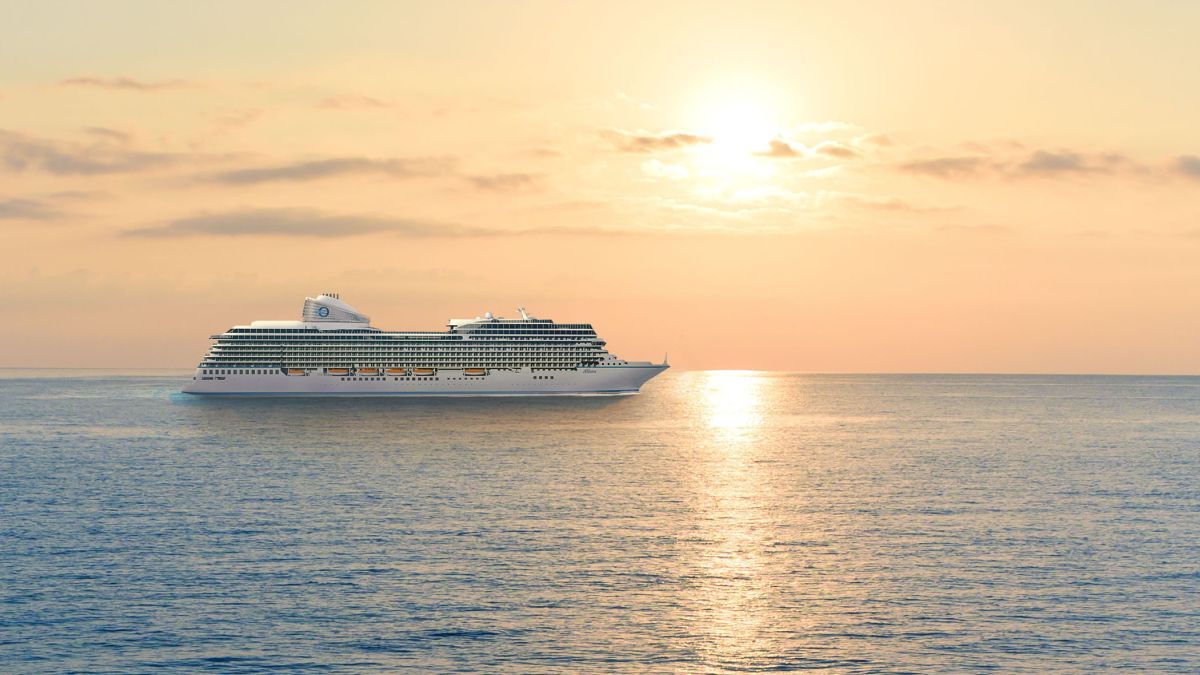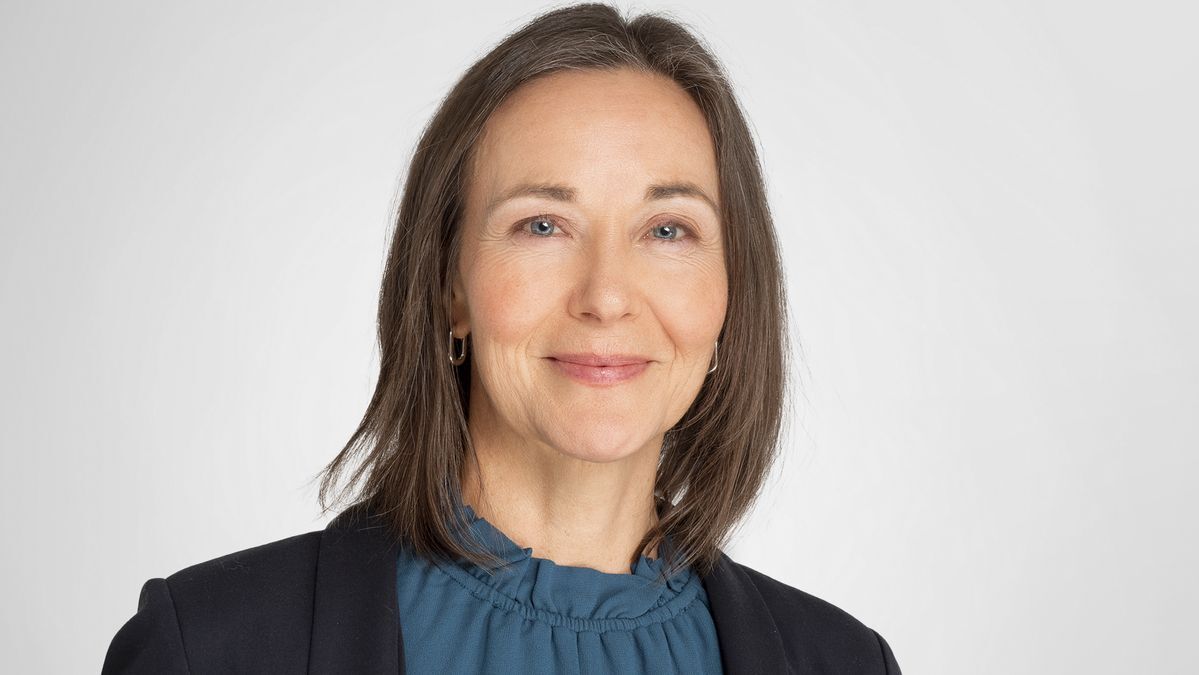Business Sectors
Events
Contents
Wallenius Wilhelmsen inks LoI for up to a dozen multi-fuel newbuild PCTCs
The letter of intent with Jiangsu shipyard is for four firm, and up to eight optional, 9,350-CEU, methanol dual-fuel and ammonia-ready pure care and truck carriers (PCTC)
Wallenius Wilhelmsen has called its next generation of PCTCs the "shaper class" and said the first vessels will start being delivered from H2 2026.
“There is an urgent need for our industry to transform over the next couple of years. As a company, we are determined to shape this industry and lead the way to capitalise effectively on changing circumstances, as we grow with customers and partners sharing our journey,” Wallenius Wilhelmsen chief executive Lasse Kristoffersen said, noting the company has a goal of reaching net-zero emissions by 2027.
"We want to deliver an end-to-end net-zero emissions solution by 2027. Our new vessels will enable us to get closer to these goals. At the same time, we are the world’s largest roro vessel operator and will maintain a fleet of 125-135 vessels," the company said.
Wallenius Wilhelmsen said development of the design took more than 18 months and cited difficulties linked to a lack of regulatory or market-driven direction on which fuels will dominate in maritime’s decarbonisation era.
Wallenius Wilhelmsen chief operating officer shipping services Xavier Leroi also hinted at investor expectations around the company’s need to replace older tonnage exiting the fleet as a factor in its decision.
“I am very happy that we can launch this to the market now. I know it is expected from us, and to keep our fleet size, we need to continue ordering vessels. However, with no clear direction on future fuel, this has not been an easy task. We needed time to assess what the best option was for us,” he said.
"Our commitment is to continue to grow with our customers, and together, reach our net-zero emissions ambitions. We will do so by securing newbuilds and biofuels, as well as maintaining the 125-135 vessels on our fleet. We will evolve while nurturing our reliable services, tailored to our customers’ needs. Our belief is that methanol is the fastest way to reach net-zero emissions. As such, our choices going forward reflect that. These four vessels have been ordered to use alternative fuel sources, such as methanol, upon delivery. They will also be ammonia-ready and will be able to be converted as soon as ammonia becomes available in a safe and secure way."
Höegh Autoliners has taken a similar choice in its recent newbuild ordering plans. Höegh initially ordered eight Aurora-class vessels from China Merchants Heavy Industry (Jiangsu) shipyard, with further options to add up to eight more vessels in batches of four. The company recently exercised options to build four additional multi-fuel and ammonia-ready PCTCs.
Höegh Autoliners also has the option to convert one or more of these vessels to ammonia propulsion as soon as the technology is available.
Strategies for reducing GHG emissions from now to 2050. Riviera’s two-day Maritime Decarbonisation, Europe: Conference, Awards & Exhibition 2023 conference returns to Amsterdam on 26-27 September 2023, seeking to bring clarity to regulatory directions and decarbonisation pathways for both newbuilds and existing vessels.
Related to this Story
Women in Maritime Today: Elin Saltkjel says no day working in maritime is dull
Events
Maritime Environmental Protection Webinar Week
Cyber & Vessel Security Webinar Week
The illusion of safety: what we're getting wrong about crews, tech, and fatigue
Responsible Ship Recycling Forum 2025
© 2024 Riviera Maritime Media Ltd.

